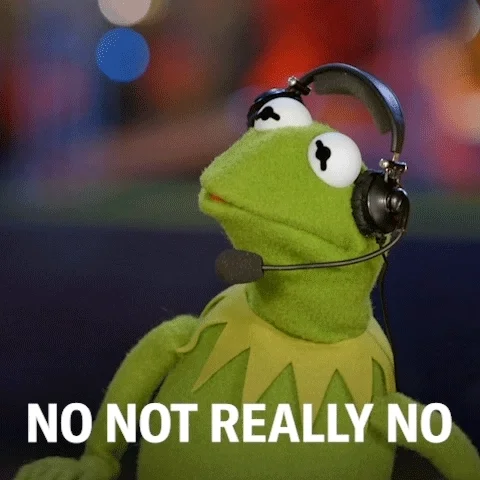I’m aware, as Lizbeth Cohen wrote an excellent monograph on that history - making a new deal - one of the issues she talks about is health insurance and how we ended up going with that model rather than universal care that other western states ended up with:
But that ignores the changes to health care since the 70s. It’s more expensive, and the division of labor is more complicated. And insurance has taken over a larger share of the economy than in the past.
It’s STILL a choice we can make to do something different.
They went in a different direction at the same time we settled on private insurance. That’s a dissertation’s worth of discussion, but it’s different because we made different choices than our European allies.
Oh well, clearly the GOP is better at economy then… /s
Should I point out that running the largest economy in the world is a complicated thing, but shrinking revenues WILL NOT HELP. That’s the entire policy that the GOP has to offer. Tax cuts. It makes NO sense…
And if your budget is out of whack, a good deal of that is likely down to the largest single sucker of tax payer dollars, the Pentagon.
What I’d argue REALLY matters is how well people do under each party’s tenure, and it’s crystal clear that that is the Democrats (at least since the Kenney/Johnson era - FDR, too, but he was unwilling to go the distance on integration, so…).
Meaning how we reproduce the means of our existence as a large system… As long as we’re still mired in a capitalist system that threatens all of our health and well-being, it’s going to be chipping away at the worst aspects of it to benefit the most people. Neo-liberalism is the opposite of that - imposing the most draconian market forces to benefit the few as opposed to redistributing the wealth for benefit of all of us.
And that will not change until we bring in greater revenues via taxation. Tax the wealthy, and we’ll be in much better shape.
Adn this was better under Democrats than republicans (at least since Nixon).
And Reagan’s tax cuts, and Bush’s war on terror, and Trump’s tax cuts, etc…
Because of tax cuts. 
Because we keep giving money away to the already wealthy.
It’s the absolute truth. It’s less true in blue states, but it’s happening everywhere. Liberal arts and especially the humanities are seen as luxuries for all except the most elite at the ivies. We ignore that at our peril.



